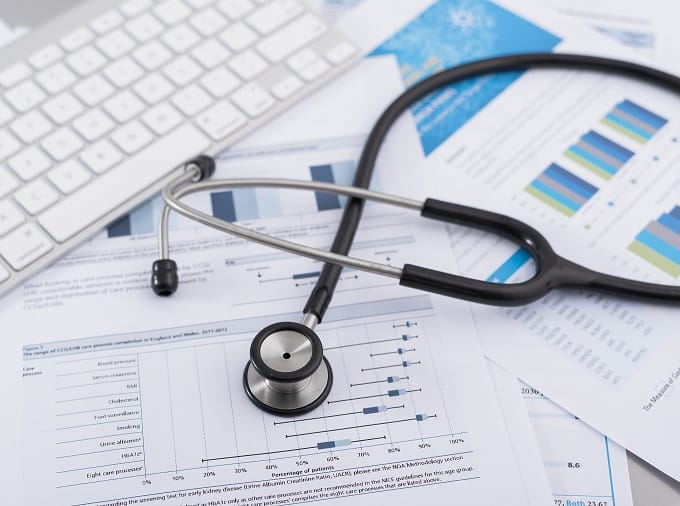
First ever benefit-risk analysis is “favourable” for remdesivir as COVID-19 treatment
pharmafile | May 29, 2020 | News story | Medical Communications, Research and Development | COVID-19, DSRU, Gilead, coronavirus, pharma, remdesivir
The UK-based Drug Safety Research Unit (DSRU) has reported its findings from the first ever systematic benefit-risk analysis of Gilead’s remdesivir, one of the leading hope in the treatment of COVID-19, noting that it found the drug to have a tentatively “favourable” profile.
The team at DRU evaluated public data in peer reviewed journals and some clinical data which has not yet been published in order to build a profile of the therapy which detailed “all possible benefits and risks for COVID-19 patients receiving remdesivir”.
The study revealed that treatment with remdesivir can reduce recovery time, citing a clinical data demonstrating that patients treated with the drug recovered in 11 days as opposed to the 15 days taken by those receiving placebo. Remdesivir was also associated with reduced need for supportive oxygen or invasive or non-invasive ventilation in hospitalised patients.
A basis was also found for the ability of the drug to reduce mortality rates, pointing to data which indicated there was an 8% mortality rate in remdesivir patients compared to 11.6% in placebo patients, but the team were keen to point out that concrete support for this particular efficacy is thin at this early stage.
The ultimate judgement from the team that remdesivir holds a “favourable” benefit-risk profile is tentative, the team reinforced, and will require more available safety data in order to paint a more concrete picture. The researchers committed to updating this guidance as more data becomes available.
“There is increasing interest in the use of medicines including remdesivir to treat patients with COVID-19 so it’s critical we understand the benefits as well as the risks of this re-purposed drug,” commented Professor Saad Shakir, Director of the DSRU. “Overall our study shows a favourable benefit-risk profile with the clinically significant benefit in reducing recovery time. But the paucity of safety data means we will need to keep reviewing and updating our benefit-risk analysis. To that end, we have designed a framework for our study that means we’ll be able to update it quickly as new data becomes available. Understanding the benefit-risk balance is key to understanding the benefits of drugs in general and drugs against COVID-19 in particular.”
Gilead has provided the drug on a compassionate use basis to medical centres and trial sites over the past months to treat COVID-19 patients, and the therapy has also secured Emergency Use Authorisation from the FDA. Despite its use, so far there have been no structured analyses of the drug’s benefits and harms.
Matt Fellows
Related Content

Gilead’s Veklury recommended by NICE for COVID-19 treatment
Gilead Sciences has announced that the National Institute of Health and Care Excellence (NICE) has …

NICE expands access to Paxlovid for 1.4 million people at risk of severe COVID-19
The National Institute for Health and Care Excellence (NICE) has announced that it has expanded …

Moderna shares data from phase 1/2 trial for combination flu and COVID-19 vaccine
Moderna has announced positive interim results from the phase 1/2 trial of mRNA-1083, its investigational …








